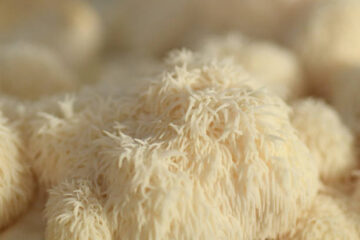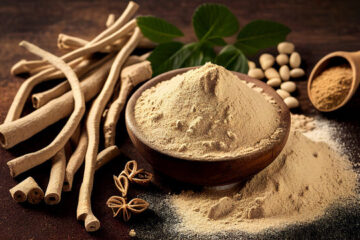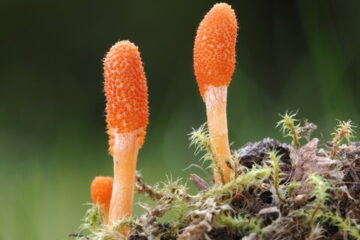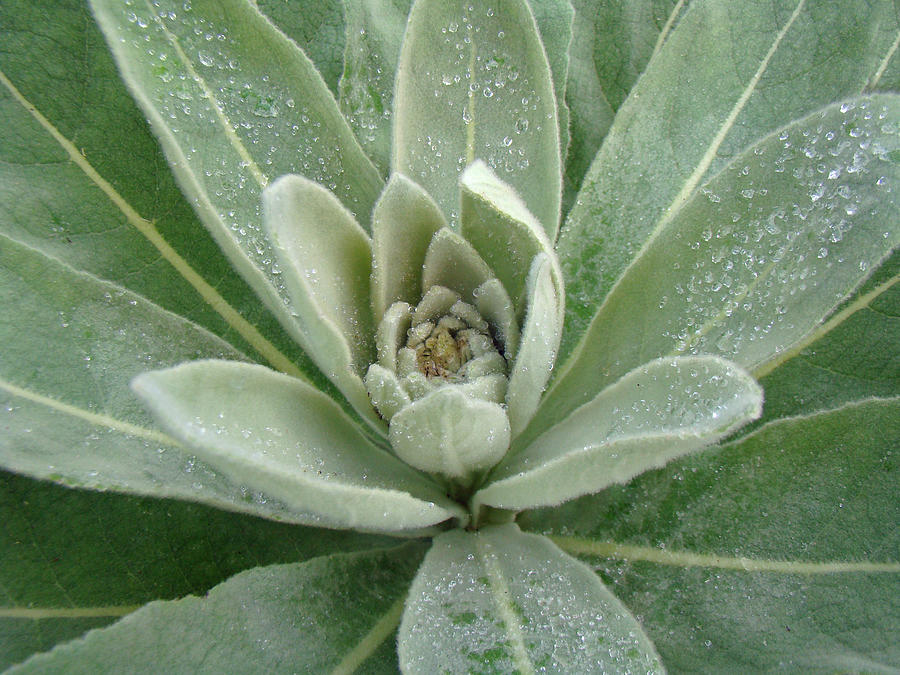
Mullein, scientifically known as Verbascum thapsus, is a herbaceous plant with a rich history in herbal medicine. Throughout centuries, various cultures have recognized its medicinal properties, particularly in addressing respiratory issues and promoting overall wellness. In recent times, mullein has garnered increased attention for its potential health benefits, sparking curiosity and scientific inquiry into its diverse applications. This essay aims to explore the ways in which mullein can aid in health maintenance and improvement, particularly focusing on its potential benefits for respiratory health and its relevance to the elderly population.
Mullein’s Role in Health Maintenance

Mullein has long been celebrated for its diverse medicinal properties. Traditionally, it has been used to alleviate respiratory ailments such as coughs, asthma, and bronchitis. The plant contains compounds like saponins, flavonoids, and mucilage, which are believed to have expectorant and anti-inflammatory properties, making mullein an effective remedy for soothing irritated airways and promoting easier breathing.
Research has also suggested that mullein may possess antimicrobial properties, potentially aiding in the treatment of respiratory infections caused by bacteria or viruses. Studies have shown that extracts from mullein possess activity against certain strains of bacteria, highlighting its potential as a natural alternative to conventional antibiotics in combating respiratory infections.
Moreover, mullein is rich in antioxidants, which play a crucial role in neutralizing harmful free radicals in the body and reducing oxidative stress. By scavenging free radicals, mullein may help protect against cellular damage and inflammation, thus contributing to overall health and longevity.
Benefits of Mullein for the Elderly

The elderly population often faces unique health challenges, including respiratory issues, joint pain, and weakened immune function. Mullein’s medicinal properties make it particularly relevant for addressing some of these concerns among older adults.
For seniors experiencing respiratory ailments such as chronic obstructive pulmonary disease (COPD) or age-related decline in lung function, mullein may offer relief by reducing inflammation and promoting bronchial dilation. Its expectorant properties can help alleviate coughing and congestion, making breathing more comfortable for individuals with respiratory conditions.
Additionally, mullein’s antioxidant content may benefit elderly individuals by supporting cognitive function and cardiovascular health. Oxidative stress has been implicated in age-related cognitive decline and cardiovascular diseases such as hypertension and atherosclerosis. By reducing oxidative stress, mullein may help protect against these conditions and promote overall brain and heart health in older adults.
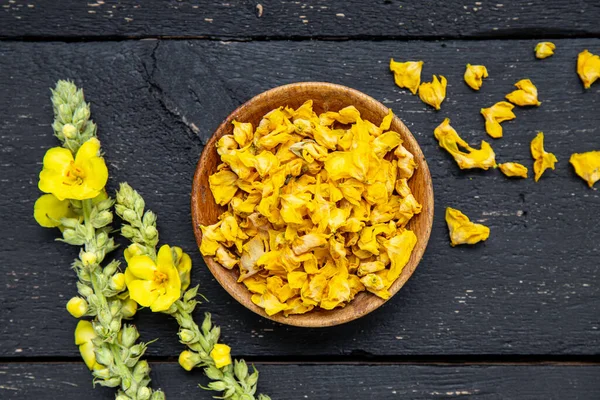
Mullein stands as a testament to the remarkable healing power of nature. With its myriad medicinal properties, including anti-inflammatory, expectorant, and antioxidant effects, mullein holds great promise in supporting respiratory health and overall wellness. For the elderly population, mullein offers a natural remedy for addressing common health issues such as respiratory ailments, cognitive decline, and cardiovascular diseases. As our understanding of herbal medicine continues to evolve, mullein and other botanical remedies offer valuable alternatives for promoting health and longevity in individuals of all ages.
Choosing Your Mullein Method: Pros and Cons of Tinctures, Capsules, and Tea
Mullein extract, whether in tincture form, capsules, or brewed as tea, offers convenient ways to incorporate this herb into one’s wellness routine. Each method has its own set of pros and cons, which can influence an individual’s preference and efficacy in addressing specific health concerns.
Mullein Extract Tincture
Pros:
* Fast Absorption: Tinctures are alcohol-based extracts, allowing for rapid absorption of mullein’s medicinal compounds into the bloodstream.
* Convenient Dosage: Tinctures typically come with a dropper, facilitating precise dosage control and easy administration.
* Long Shelf Life: Properly stored tinctures have a longer shelf life compared to other herbal preparations, making them convenient for long-term use.
Cons:
* Alcohol Content: Some individuals may prefer alcohol-free formulations, especially those with sensitivities or dietary restrictions.
* Taste: The taste of alcohol may be unpleasant for some individuals, although this can be mitigated by diluting the tincture in water or juice.
Mullein Extract Capsules
Pros:
* Convenience: Capsules offer a convenient and portable way to consume mullein extract, especially for those with busy lifestyles.
* Tasteless: Capsules mask the taste of mullein, which can be bitter and unpleasant for some individuals.
* Precise Dosage: Capsules are pre-measured, ensuring consistent dosage with each intake.
Cons:
* Slower Absorption: Capsules need to be broken down in the digestive system before the active compounds can be absorbed, resulting in slower onset of action compared to tinctures.
* Gelatin Capsules: Some capsules are made from gelatin, which may not be suitable for vegetarians or vegans. However, vegetarian capsules are available as an alternative.
Mullein Tea Brewing:
Pros:
* Ritualistic: Brewing mullein tea can be a calming and ritualistic experience, promoting relaxation and mindfulness.
* Hydration: Tea provides hydration along with the medicinal benefits of mullein, contributing to overall health and well-being.
* Customizable: Tea brewing allows for customization of strength and flavor, depending on personal preference.
Cons:
* Variable Potency: The potency of mullein tea can vary depending on factors such as brewing time, temperature, and the amount of herb used, leading to inconsistent dosing.
* Time-Consuming: Brewing tea requires time and effort, which may not be feasible for individuals with busy schedules or on-the-go lifestyles.
* Bitter Taste: Mullein tea can have a bitter taste, which may not be palatable for everyone, necessitating the addition of sweeteners or flavorings.
References:
1. “The Benefits of Mullein: An Herbal Remedy Grows in Brooklyn” – This article was published in the Brooklyn Paper and discusses the use of mullein as a natural remedy for respiratory issues.
2. “The Power of Mullein: A Herbal Remedy” – This article, likely from a health or wellness website, explores the potential benefits of mullein for respiratory health and other conditions.
3. “Mullein: The Medicinal Plant for Respiratory Health” – Another article, possibly from a natural health or herbal medicine website, delving into the medicinal properties of mullein.

